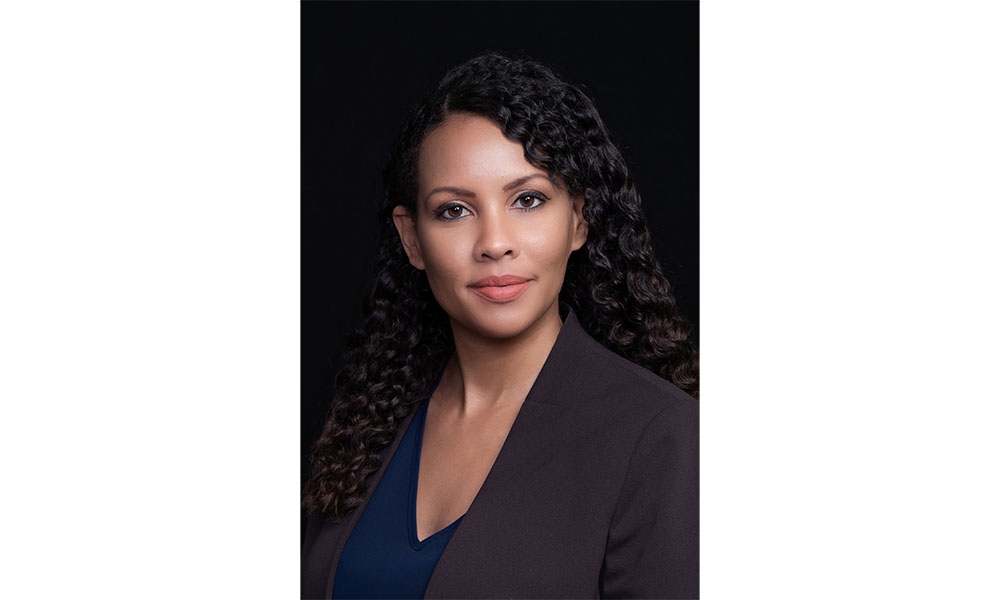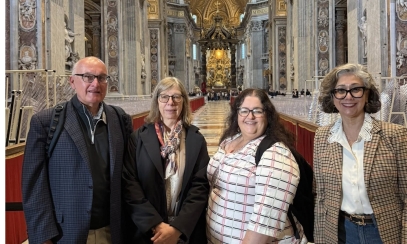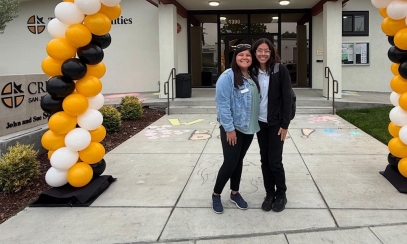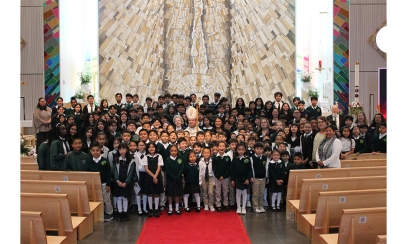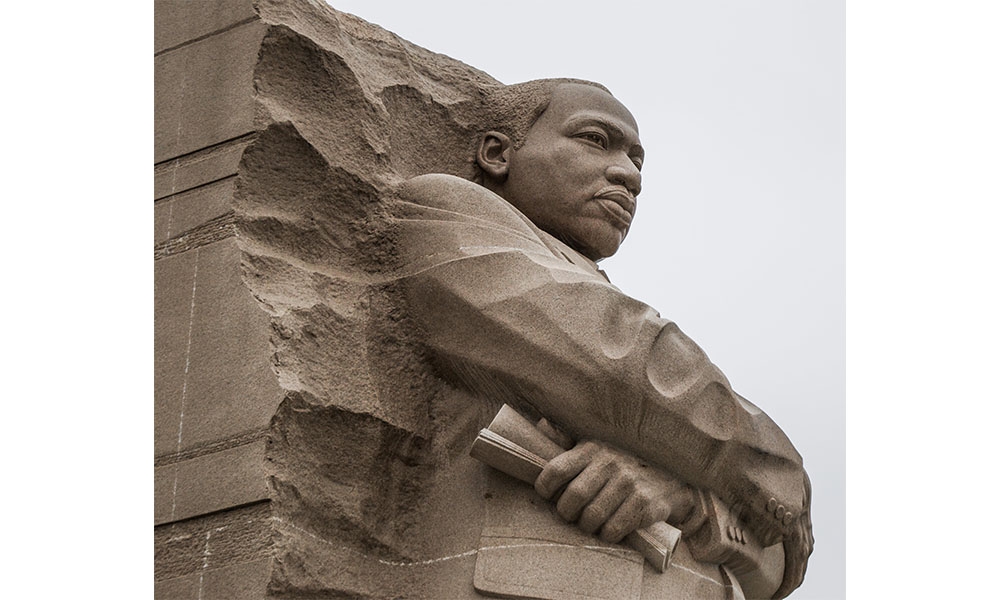
The first time I had heard a Catholic homily on racism
I am looking forward to the fifth annual Black History Month mass organized by the Diocese of San José’s Catholics of African Descent that will take place on February 25th at St. Frances Cabrini Church. When I attended the mass last year, Bishop Oscar Cantú gave an inspiring homily that particularly impacted me as an African American Catholic. Bishop Cantú spoke about the painful history of racism toward African Americans, from slavery to injustice today, and called racism a wound in the Body of Christ. That marked the first time I had heard a Catholic homily on racism in the Diocese of San José, though I was born and raised here.
A Topic Rarely Raised in Homilies
The 2022 Pew Research Center’s report “Black Catholics in America” found that 77% of Black Catholics said that opposition to racism is essential to what being Christian means to them, and 40% of Black Catholics said it is essential that churches offer sermons that address political topics such as race relations. Yet most Black Catholics — all Catholics, for that matter — do not regularly, if ever, hear sermons about racism, race relations, or racial justice. But there is a place and audience for it in the Catholic mass because most Black Catholics attend diverse churches (only 17% of Black Catholics attend a church with a majority Black congregation). This means that homilies about racism should not only happen at Black History Month masses or historically Black churches but at any time as an integral aspect of faith.
Not a Political Issue
Rev. Bryan Massingale, a professor at Fordham University and author of Racial Justice and the Catholic Church, opened my eyes to the reality that anti-Black racism is not an African American problem that needs to be remedied by African Americans. It is those in the institutions and the institutions themselves that are perpetuating racism, personally, professionally, and structurally, that must change their hearts, minds, and practices. Racism is not a political issue; it is a moral and spiritual issue that affects the dignity of everyone. Preaching against the sin of racism needs to occur at all churches throughout the United States regularly.
Made in the Image of God
Racism seeks to deface the image of God in a select group of people. Too many Black persons are still denied access to basic human rights like adequate housing, health care, education, jobs, and freedom itself, with the disproportionate number of African Americans incarcerated in this country. In the class I am currently taking in Santa Clara University’s Graduate Program in Pastoral Ministries, Trauma and Healing in a Broken World, we watched the presentation “Social and Behavioral Determinants of Toxic Stress,” by Harvard scholar David R. Williams. In the video, Williams discussed 96,800 Black people who die prematurely every year and who would not die if there were no health disparities between Black and white people. To illustrate just how many people that is, he said that 265 Black people dying prematurely every day is the equivalent of a fully loaded jumbo jet crashing and all the passengers and crew dying every single day. Not only are these premature deaths caused by economic disparities, segregation, and access to health care, but premature deaths are also caused by the toxic stress Black people are exposed to every day in the form of personal and institutional racism. As a moral and spiritual issue, racism is a pro life issue as well.
All Catholics are Invited
Since racism needs to be ended by people who are not Black, all churches — not just Black ones — need to discuss racism. As Pope Francis said in a reflection during a general audience on the George Floyd protests in the United States, “We cannot tolerate or turn a blind eye to racism and exclusion in any form and yet claim to defend the sacredness of every human life.” I pray that all Catholics in the diocese who can make it attend the upcoming Black History Month mass so we can join together for worship, celebrate our cultural diversity, and lift our prayers for an end to racism in all forms. There will also be a reception, and all are invited.
Alessandra Harris was born and raised in Santa Clara County and attended St. Justin’s Elementary, Archbishop Mitty High School, and San Jose State University, where she completed degrees in Comparative Religious and Middle East studies. She is an award-winning novelist, wife, and a mom of four: two college students and two high schoolers. She is an avid Golden State Warriors fan and an active parishioner in the diocese. She was also featured in The Valley Catholic's fall 2023 print edition for her work in restorative justice. Keep up with author Alessandra Harris @ https://alessandraharris.net/.

